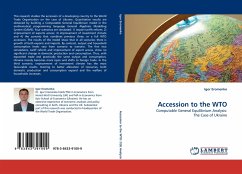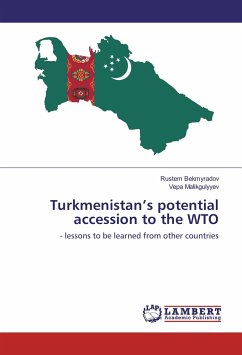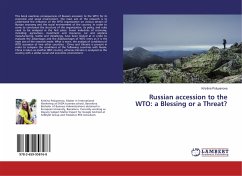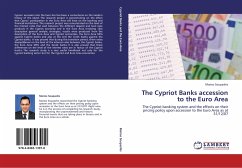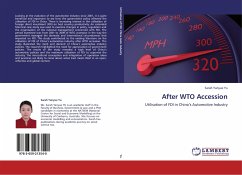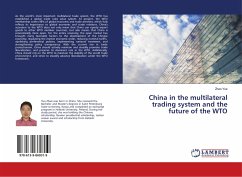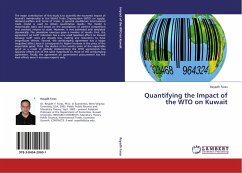This research studies the accession of a developing country to the World Trade Organisation on the case of Ukraine. Quantitative results are obtained by building a Computable General Equilibrium model in the mathematical programming language General Algebraic Modelling System (GAMS). Four scenarios are simulated: 1) import tariffs reform; 2) improvement of exports access; 3) improvement of investment climate and 4) the scenario that combines previous three, or a full WTO accession. The results of the model show that in all scenarios there is growth of both exports and imports. By contrast, output and household consumption levels vary from scenario to scenario. The first two simulations, tariff reform and improvement of export access, show no significant change in domestic production and consumption. Thus, with expanded trade and practically the same output and consumption, Ukraine merely becomes more open and shifts to foreign trade. In the third scenario, improvement of investment climate has the most favourable results. Owning to better allocation of resources, both domestic production and consumption expand and the welfare of households increases.
Bitte wählen Sie Ihr Anliegen aus.
Rechnungen
Retourenschein anfordern
Bestellstatus
Storno

